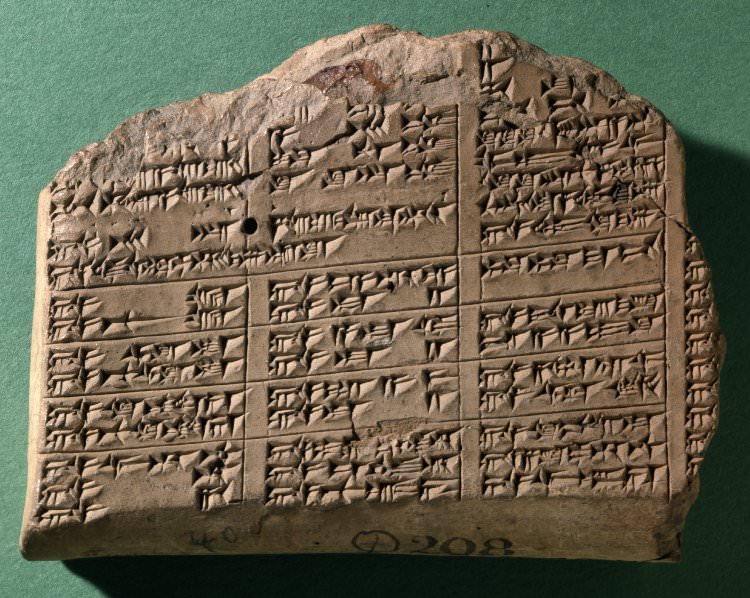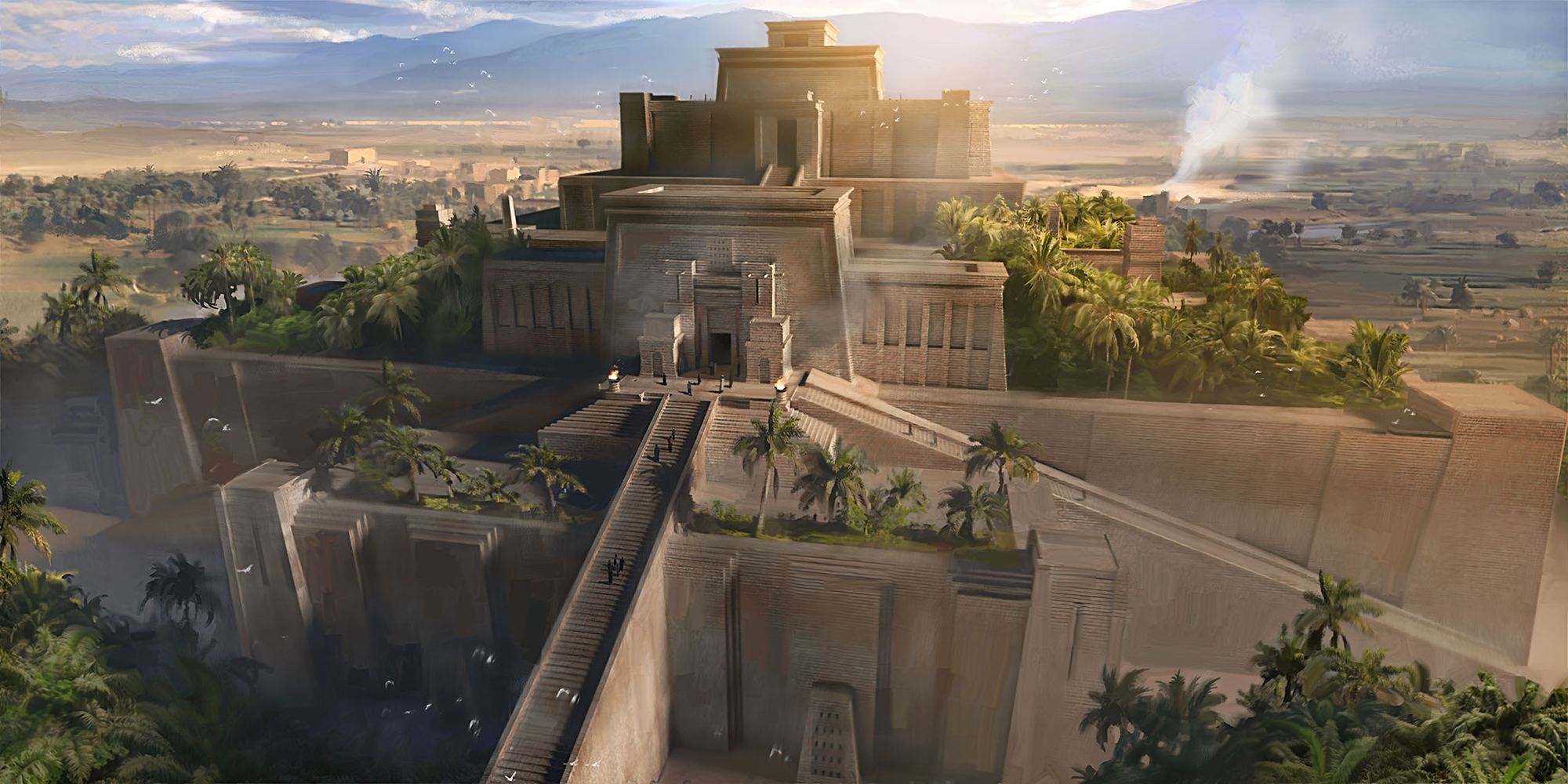World History and Geography Test, Unit 2: River Valley Civilizations [Krouse]
1/22
There's no tags or description
Looks like no tags are added yet.
Name | Mastery | Learn | Test | Matching | Spaced |
|---|
No study sessions yet.
23 Terms
Bronze Age
(c. 3000 - 1000 BCE) - Period where cultures where either using, producing, or trading bronze / marked the first time humans started to work with metal
Cradles of Civilization / River Valleys
Some of the first places where complex urban centers grew / major developments in politics, economics, and society
Hereditary Rule
Rule passed down through family or lineage
Centralized Government
Power concentrated at a higher level, power often based on religious authority.
Mesopotamia
Meaning “land between rivers” in Greek; situated in the fertile Valleys (fertile crescent) between the Tigris and Euphrates rivers
Mesopotamian Irrigation
Not easy to plant in an arid climate, the Sumerians designed irrigation canals to hold the flow of water from the Tigris and Euphrates
City-state
An independent city ruled by a king who controlled the area around the city, including farmland villages, and sometimes smaller cities
Sumer
First major city state in Mesopotamia
Epic of Gilgamesh
Epic poem about a king who might have ruled 2,000 years ago / included a flood story similar to Noah’s arc
Cuneiform
Pictographic writing system on clay tablets. Pictures, sounds, ideas, and business transactions

Polytheism
Worship of many Gods
Ziggurats
Distinct temples throughout Mesopotamia

Theocracy
System of rule where religious leaders also led the government
Hammurabi’s Code
First written code of laws in 1282, laws dealing with transactions and contracts
Polytheistic
All Mesopotamian civilizations share this religious belief
Sumerians
Ruled from 4500 - 2000 BC / wheel, plow, sail, early number system with the basic 60, cities with walls
Akkadians
Ruled from 2300 - 2100 BC / conquered Assyria